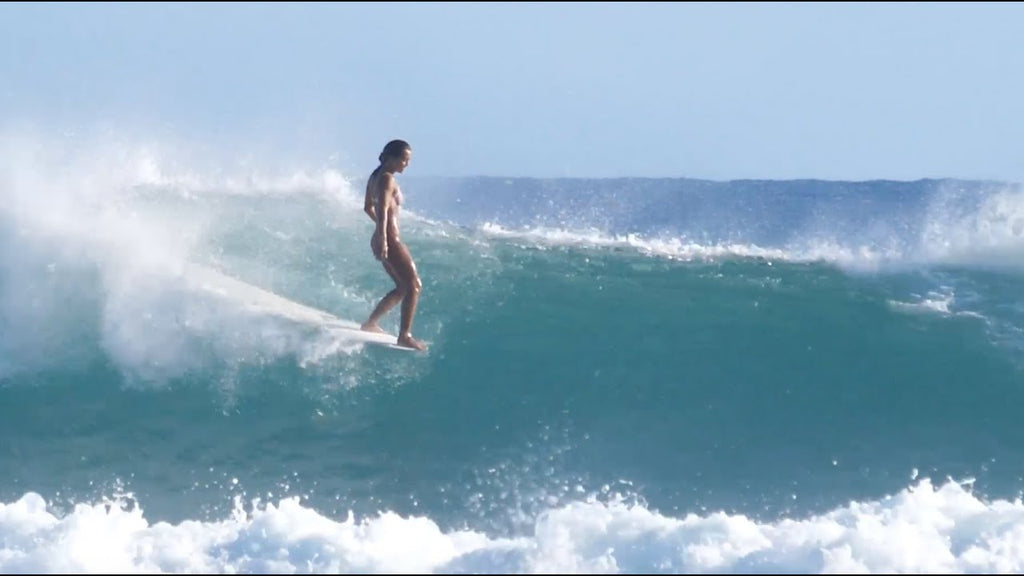The Unspoken Rules of Longboarding
Share
The Unspoken Rules of Longboarding
Unlike many other sports, surfing doesn’t have official rules that are written down and posted publicly. But despite the lack of official rules and referees, the sport does have a number of unspoken rules and etiquette that should be followed by everyone in the water. Among these rules are a few that specifically apply to longboards. If you are still new to longboarding and wondering why people the other people in the lineup keep giving you stink eye, these rules might just help you figure out what you have been doing wrong!

- Stick to longboard-friendly waves. While there are a handful of pro longboarders who can paddle out at Pipe and pack huge barrels, most of us will never get to that level. In general, longboarders should stick to user-friendly waves in the ankle- to head-high range. Intermediate+ surfers on high-performance longboards will be able to handle larger waves at some spots, but it’s important to keep in mind that longboards have a lot less rocker than shortboards, so they tend to get bogged down and pearl on bigger, heavier waves. Traditional noseriders in particular have virtually no nose rocker, no edge in the rails, and only a large single fin, so they are not really built to surf anything above chest high.
- Be aware of fading. One of the key rules in surfing is not to drop in on people who are deeper than you, but this becomes complicated when you are surfing a longboard spot, because many expert longboarders will fade one way and then change direction at the last minute in order to set themselves up for deep pocket noserides. While you should always look over your shoulder when paddling into waves to make sure you aren’t burning anyone, it is a good idea to look for an extra second or two when surfing with longboarders. Better yet, consider communicating with the other surfer before the wave breaks and asking them which way they intend to ride.
- Paddle out in the channel. While it is always the paddler’s responsibility to try to stay out of the way of surfers riding waves, this is especially important on a longboard, since it has too much volume to duck dive. If you get in someone’s way on a longboard, you are REALLY going to get in their way, so make sure you paddle out on the shoulder (or in the channel, if there is one).

- Don’t be a wave hog. This rule is especially important if you are surfing a break that has both shortboarders and longboarders. Longboards paddle faster than shortboards, so if you know what you are doing, you will probably be able to catch more waves than a lot of the other people in the lineup. But just because you can do something doesn’t mean you should. Be aware of the other people in the water, and make sure that you aren’t being a wave hog. Take turns and let shortboarders catch waves, even if your board makes you capable of taking off farther outside then them. If you really can’t help yourself and absolutely need to catch a million waves, then sit inside and catch the ones that the shortboarders don’t want. After all, you are on a longboard for a reason—they make tiny waves tons of fun!

- Sacrifice your noseride for someone else’s safety. If you are surfing crowded lineups, there will inevitably come a time when someone gets in your way—and as you become a better longboarder, the chances increase that this will happen while you are in an awesome, committed position, such as riding the nose. While no one likes to bail in the middle of the best moment of their session, a collision with another person’s board is dangerous for both of you. Jump off if you have to, and don’t be a grump about it. If the person apologizes, tell them it’s all good—and if they don’t, just let it go. Chances are there will come a time when you get in someone’s way too. It happens and it’s a bummer, but as Duke Kahanamoku once said, more waves will come.
